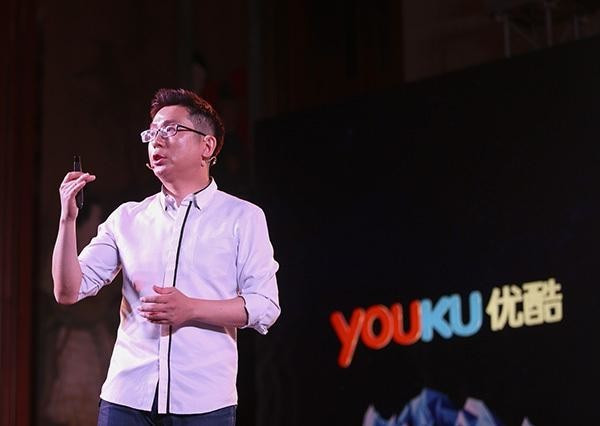The former president of Youku business group, Yang Weidong, who later became the head of Alibaba Digital Media & Entertainment Group, has been sentenced to seven years prison for accepting 8.55 million yuan ($1.29 million) in bribes, according to a verdict file from the Yuhang People's Court in Hangzhou.
The authorities confiscated 2 million of Yang's assets. Police froze Yang's 8.55 million yuan which will be turned into the national treasury.
Other People's Money
Yang was taken into criminal detention on Dec. 3, 2018 and arrested Jan. 9, 2019. Alibaba Digital Media & Entertainment Group announced Dec. 4, 2018 that its president was cooperating with a police investigation regarding undefined "economic problems."
Sources in Alibaba Group told Business Times that Yang officially resigned all his positions in February 2019, but was in fact fired due to corruption the company had been internally scrutinizing for some time.
Yang served as head of Alibaba Digital Media & Entertainment Group from December 2017 and also acted as chief executive officer of Alibaba Music starting May 2018. He had also remained the president of Youku business group which was acquired by Alibaba in 2015.
The verdict file disclosed Yang was taking bribes during 2016 to 2018 from five different media companies. The biggest was 3 million yuan. In exchange, Yang provided a certain "care" in collaboration with these companies' projects.
Projects during 2018 including The Street Dance of China, Sing Out, This Is Fighting Robots and Dunk Of China were tied to the corruption and had "problems with revenues and expenditures," local magazine Caijing reported.
Alibaba Digital Media & Entertainment Group lost up to 4.81 billion yuan during the third quarter of 2018 and the company said the reason was investments in original content and buying copyrights, according to Alibaba's financial report.
Pride Becomes Scandal In Reality
Starting with the success of the user generated content (UGC) business model, Youku, China's equivalent to YouTube, was the first Chinese streaming video company listed on the Nasdaq in 2010 at a market valuation of nearly $3 billion. It merged with rival Tudou in 2012 and was targeting the expansion of its platform beyond UGC to feature professional generated content (PGC.) But early in 2014, China's government launched a large-scale crackdown on online pirated content, causing many UGC accounts to be closed.
Since then, streaming video companies iQIYI, Tencent Video, Youku, Sohu and LeTV fought to acquire the copyright of online content at escalating prices. Unable to effectively compete, Sohu and LeTV fled from this sector while Youku fell behind having lost its initial core UGC leadership advantage.
In the struggle for mastering self-produced Youku originals, some of the most successful shows competing against the two current rivals iQIYI and Tencent Video were the reality shows central to the bribery scandal, said analysts.
Fouling The Video Stream
Alibaba currently characterizes Yang's position as a "professional manager" despite having given him the reigns of several departments. It is an unwritten rule that Alibaba is not prone to trust executives from acquisition deals, said Alibaba sources.
Alibaba took over the former streaming video giant Youku in a $4.6 billion deal in April 2016, paying $26.6 per New York Stock Exchange-listed American depositary share, as part of its "big entertainment strategy" under Alibaba Digital Media & Entertainment Group.
The 4-year-old Alibaba Digital Media & Entertainment Group comprises Alibaba Pictures, Youku, UCWeb, Alibaba Music, Alibaba Literature, Alibaba Games and Damai.
After sub-par financial performances from these new entertainment sectors, the company saw several top media executives fall foul of the authorities.
Former Youku vice president Lu Fanxi was detained on corruption charges in 2016. Alibaba Pictures former executive director Patrick Liu Chunning was arrested on charges of accepting 2.14 million yuan in bribes, while working at a prior job with Tencent Video. In 2018, Kong Qi, vice president of Alibaba Pictures, was similarly arrested for accepting bribes of 10 million yuan during his work at Tencent, according to Variety and public information.





